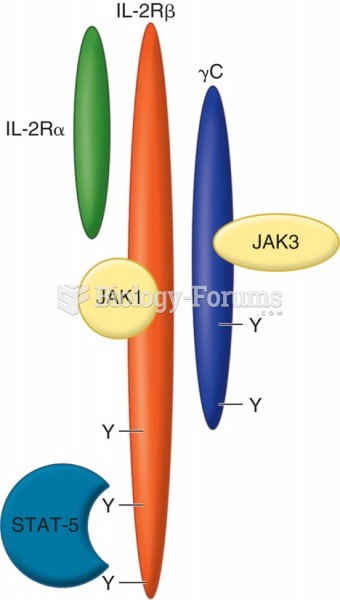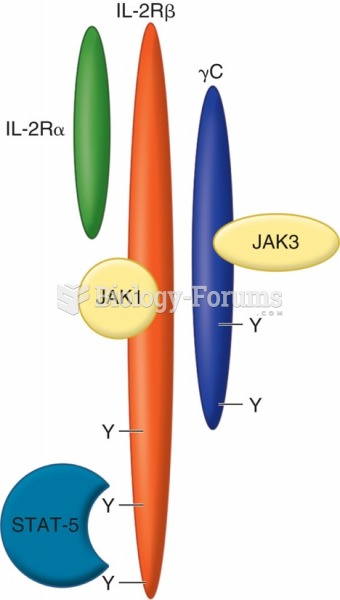Answer to Question 1
Today, there are an estimated 15 million Jews with the majority residing in Israel, the United States, France, and Russia. Central to contemporary Jewish belief is monotheism, the idea of a single god, called Yahweh, the God of Abraham, Isaac, and Jacob. The Hebrews established a covenant with God. Known as the Ten Commandments, the covenant between God and human beings was given to Moses on top of Mount Sinai. The Ten Commandments and discussions of moral, ceremonial, and cultural laws are contained in four books of the Torah: Exodus, Leviticus, Numbers, and Deuteronomy.
The Torah, also known as the Pentateuch, is the sacred book of contemporary Judaism. The Jewish people believe that they have a unique relationship with God, affirmed on the one hand by His covenant and on the other by His law. Judaism has three key components: God (the deity), Torah (God's teachings), and Israel (the community or holy nation). Although God guides human destiny, people are responsible for making their own ethical choices in keeping with His law; when they fail to act according to the law, they have committed a sin. Also fundamental to Judaism is the belief that one day the Messiah will come to Earth, ushering in an age of peace and justice for all. Today, Jews worship in synagogues in congregations led by a rabbia teacher or ordained interpreter and leader of Judaism. The Sabbath is observed from sunset Friday to sunset Saturday, based on the story of Creation in Genesis, especially the belief that God rested on the seventh day after He had created the world. Throughout their history, Jews have been the object of prejudice and discrimination. The Holocaust, which took place in Nazi Germany between 1933 and 1945, remains one of the saddest eras in history. After the rise of Hitler in Germany in 1933 and the Nazi invasion of Poland, eventually many Jews were imprisoned in death camps, where six million lost their lives. Anti-Semitism has been a continuing problem in the United States since the late nineteenth century.
Today, Judaism has three main branches:
1 . Orthodox Judaism follows the traditional practices and teachings, including eating only kosher foods prepared in a designated way, observing the traditional Sabbath, segregating women and men in religious services, and wearing traditional clothing.
2 . Reform Judaism is based on the belief that the Torah is binding only in its moral teachings and that adherents should no longer be required to follow all of the Talmud, the compilation of Jewish laws.
3 . Conservative Judaism emerged with the arrival of many Jewish immigrants in the United States. It teaches that the Torah and Talmud must be followed and that Zionismthe movement to establish and maintain a Jewish homeland in
Israelis crucial to the future of Judaism.
Answer to Question 2
Internal colonialism occurs when members of a racial or ethnic group are conquered or
colonized and forcibly placed under the economic and political control of the dominant
group. According to sociologist Robert Blauner, groups that have been subjected to
internal colonialism remain in subordinate positions longer than groups that voluntarily
migrated to the United States. The experiences of internally colonized groups are
unique in three ways: (1) these groups have been forced to exist in a society other than
their own (2) they have been kept out of the economic and political mainstream, so it is
difficult for them to compete with dominant-group members and (3) they have been
subjected to severe attacks on their culture, which may lead to its extinction. Native
Americans, in particular, have suffered from internal colonialism within the United
States.







